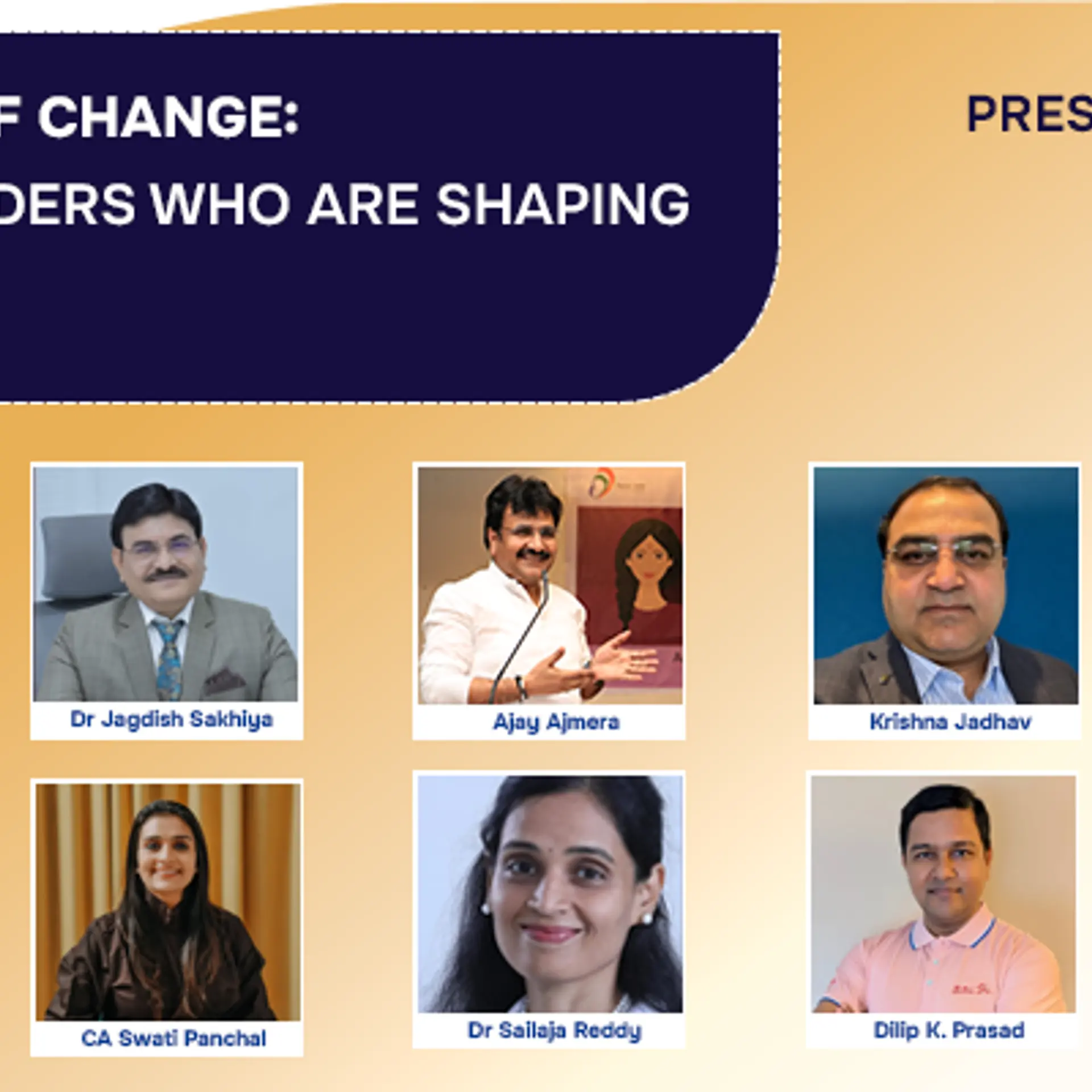
CIIE.CO
View Brand PublisherIndia will go from a prepaid to a postpaid economy in the next 5 years: Nandan Nilekani
The Bharat Inclusion Summit in Bengaluru served as the ideal platform to take a closer look at fintech in India and strategise how to boost financial inclusion.
The Reserve Bank of India’s Financial Inclusion Index for 2022 shows an improvement to 56.4 from 53.9 in 2021 across indices like access, usage, and equality. Despite the rise, there’s the scope of much more improvement when it comes to extending financial services to the unbanked population across India.
It was to make a difference that CIIE.CO set up the Bharat Inclusion Initiative (BII) in 2018 as a full-stack solution to solve the problem of financial exclusion in India.
Its inaugural Bharat Inclusion Summit, organised in Bengaluru on March 3, served as a platform to reflect on the lessons learned and deliberate on the way forward for inclusive fintech in India. The event brought together industry and policy leaders, research foundations, fintech innovators, and investors to network and create opportunities for collaboration.
Creating financial stability in India
Speaking at the summit, Priyanka Chopra, Chief Operating Officer at CIIE.CO, said, “We recognised that the time was ripe for building for Bharat and created the Bharat Inclusion Initiative as a full-stack platform to attract entrepreneurial energy to solve for Bharat.”
She stated that after supporting over 60 entrepreneurs, who are now serving over 38 million customers, the organisation was convinced that “the moment for Bharat has indeed arrived”.
“CIIE.CO is committed to continuing the conversations that have started and leveraging the platform we have built to create many more solutions that truly include Bharat and meet its unique needs.”
The event showcased numerous conversations, including topics such as financial inclusion through embedded finance, gender inclusion in finance, and implications for the ecosystem. Other focus areas included Central Bank Digital Currency (CBDC) and the future of finance in India, providing smallholder farmers access to credit and insurance, and climate finance’s role in building resilience in Bharat.
The lineup of participants was impressive: Nandan Nilekani, Co-Founder and Chairman of Infosys; Ajay Kumar Choudhury, Executive Director, RBI; Suseela Chintala, Chief General Manager, NABARD; Dilip Asbe, CEO, National Payments Corporation of India; Nithin Kamath, Founder, Zerodha; among many others.
The speakers provided thought-provoking insights into holistic financial inclusion and the future of fintech in Bharat.
Dilip Asbe’s fireside chat on ‘Customer Protection: Building a Responsible Digital Payments Ecosystem’ highlighted a necessary trade-off between ease of user flow and customer protection, and the importance of large investments to incentivise mechanisms.
He was followed by Ajay Kumar Choudhury, who, in his fireside chat on ‘CBDC and the Future of Finance in India’, described CBDC as a currency and not any other payment system. “CBDC is going to remove all redundancies, and in the long run is also looking at offline and cross-border transactions. Thus, [we] will seek the support of tech innovators,” he said.
In his chat on ‘Next Frontiers of Financial Inclusion’, Nandan Nilekani said credit was the heartbeat of the economy, adding that taking a loan in India will be as easy as making payments in the next three or four years. “India will go from a prepaid to a postpaid economy in the next five years,” he said.
Speaking about ‘Scaling Zerodha: Lessons on Building for Bharat’, Nithin said they became successful with Zerodha as they were trying to establish the company on an already established platform, and just when digitisation had swept in.
Apart from the fireside chats, the summit also featured several panels exploring the role of enablers in scaling inclusive fintechs and that of climate finance in building resiliency for Bharat.
Workshops on ‘Building Digital Pathways for Inclusive Fintech products’ to discuss how the user experience should be designed when building interfaces for the lower-income segments, and ‘How shall fintechs design products that are intuitive for women customer segments?’ were also part of the programme.
The summit concluded with a networking evening and collaborations with industry stalwarts.
Sanjay Jain, Partner, Bharat Innovation Fund, and Chief Innovation Officer, CIIE.CO, said: “Over the years, BII has worked with 60+ entrepreneurs and backed many different stages. This journey has been insightful; with this initiative, we have explored ideas that have enriched the local ecosystem. Today, the platform we have provided to these young entrepreneurs has grown into a significant movement, and we're really glad to be a part of it!”







